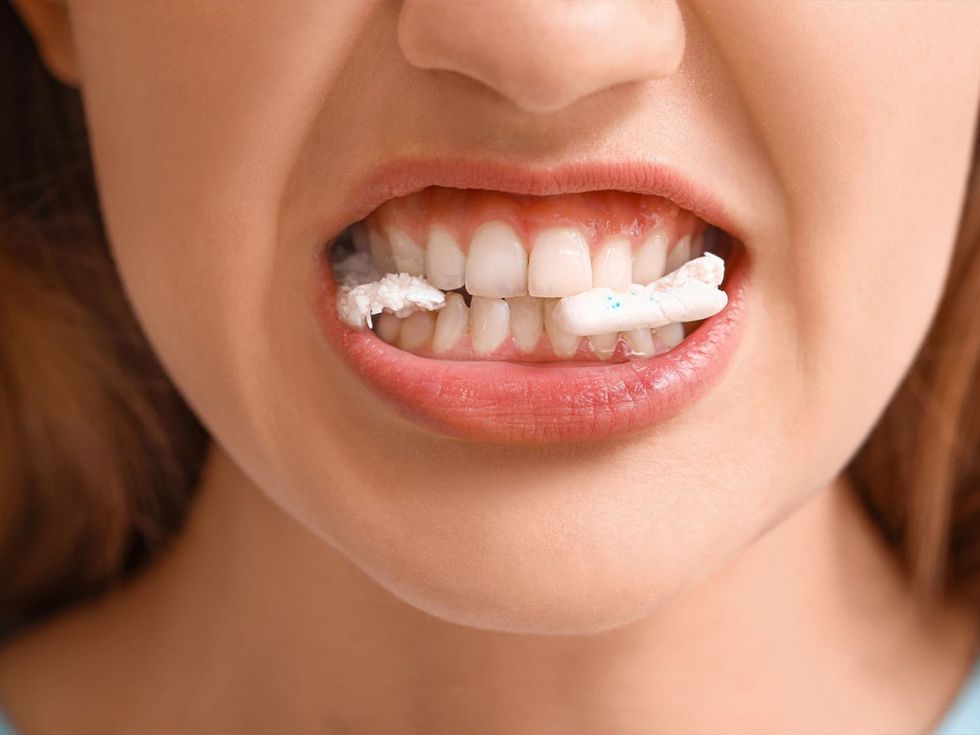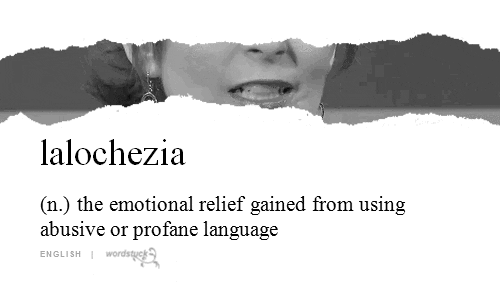Sometimes anger comes on like an unavoidable force of nature. The need and desire to respond aggressively can be a challenging feeling to navigate. Studies into the human experience and how to best handle our emotions has led to some startling if not absolutely unexpected solutions. In fact, there are many tested and proven ways to readjust and find a healthy disposition. These five, however, might feel a bit weird.
That first instinct to lash out with some frothy venom usually does not lead to the desired outcomes. Even if we get the benefit of forcing the resolution we want, perhaps afterward you just feel emotionally exhausted and a little bit sad.

These are five odd but science-backed options for how to best deal with unbearable rage:
Name your anger
This winner of a concept should intrigue the more sarcastically inclined individual. Giving the feeling of your emotion a literal name out loud has remarkable benefits. An example is talking about the experience in third person, 'Here comes angry Bubba to cause problems." In a 2011 study published by the National Library of Medicine they wrote, "Putting feelings into words can be an effective way to manage unwanted emotions and the distress associated with aversive events." The process is called "affect labeling." You're literally giving an emotional feeling the words necessary to describe it.
By naming your anger with a quippy character name like, 'Mrs. Angry Angelou," you can pull the emotion out of yourself and reframe toward a more relaxed and positive disposition. The study goes on to say the process diminishes the negative aspects of the experience and will move you toward a more pleasant place.
Chomp on some gum

If you're feeling particularly angry, grab a piece or two of gum. If you didn't know, studies on chewing gum have been going on for over 80 years. According to a 2016 study published in the National Library of Medicine, there has been extensive research into how chewing gum can lead to stress reduction. The rhythmic pressure in your mouth helps alleviate the stress felt through your body. The study ultimately found that "... the benefits of long term chewing on stress reduction suggests that it may be a simple, cost effective method of reducing stress and improving quality of life and well being."
Dance and move your body

If you're experiencing a lot of aggressive energy, dancing is a great way to let that steam off. The concept is emotional regulation through movement. A 2024 study posted in Science Direct found that dance movement therapy (DMT) not only promoted mood regulation, but also suggested strong influences on overall well-being. The article stated, "The embodiment of emotions through movement provides a medium for expression and encourages self-awareness and introspection. The proprioceptive feedback loop established through movement fosters a heightened sense of emotional awareness, enabling individuals to recognize better, process, and regulate their emotions." Basically, dance yourself back to a better and more manageable perspective.
Rage Cleaning

Being angry and stressing out has been scientifically shown to contribute to poor physical and mental health. If you find yourself particularly upset about something, your solution may hide behind a good scrub brush. A 2022 study on cleaning posted in the National Library of Medicine found cleaning (and even simulated cleaning) alleviated residual anxiety from stress-inducing situations. The research was inspired from watching animals self-groom and the calming effect it has upon them. The aggressive nature of scrubbing helps expend energy and calm the person afflicted with the negative emotion.
Curse in a foreign language

This action is a two-part winner. The first win is that screaming a profanity can bring immediate relief. In April 2025, an article published in Time reported on a study that found curse words help you tolerate higher levels of pain and also regulate your emotions better. Even more interesting, however, was a 2021 study conducted on bilingual individuals published in the National Library of Medicine. It found cursing in the secondary language caused less emotional reaction in the body. The results sugges energy can be dissipated from the body while expressing the emotion through the foreign language.
Dealing with stressful situations that make us angry is unfortunately more common than most of us would like to admit. Integrating these fun and different ways to help ease the pain and turn back the tides of emotional stress can help us all create less wreckage and live more enjoyable lives.



















 Elegance in red.Photo credit:
Elegance in red.Photo credit:  An older woman shows off some bling.Photo credit:
An older woman shows off some bling.Photo credit:  A woman enjoys a beautiful day. Photo credit:
A woman enjoys a beautiful day. Photo credit: 

 Thinking.
Thinking.  Observe your thoughts.Photo credit
Observe your thoughts.Photo credit  Reading a book and reflecting under a tree.Photo credit
Reading a book and reflecting under a tree.Photo credit 


